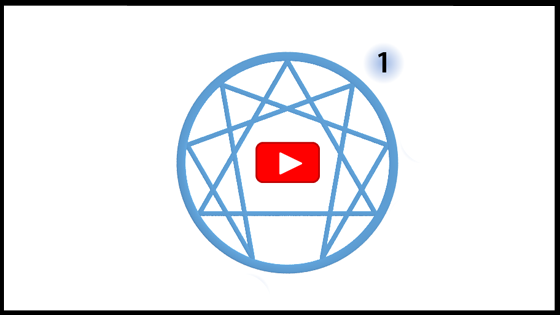Personality Type One
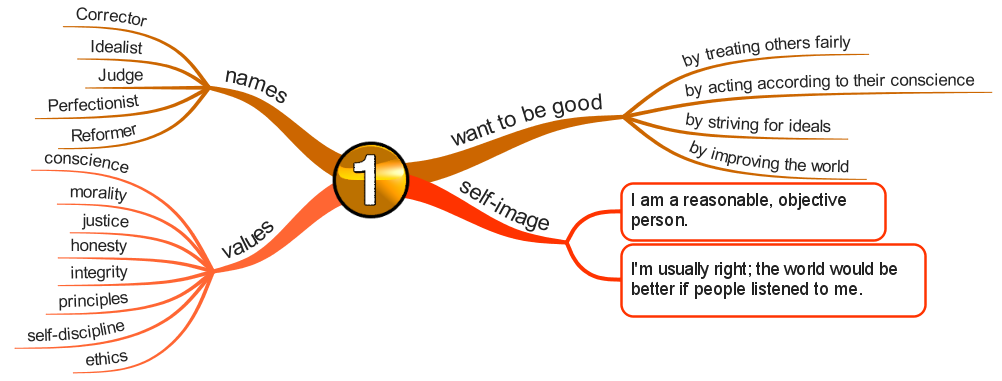
Overview
Ones like to see themselves as reasonable, objective people. They want to be good, to be fair, and to have integrity. Ones have a little voice in their head, an "inner critic," that is always pointing out what they should and shouldn't do. Ones believe that by being good, they will avoid being criticized. Doing the right thing is paramount. Ones believe that self-discipline is the key to attaining a high standard. Attempts to entertain their own desires or wants are quickly pre-empted by feelings of guilt or selfishness.
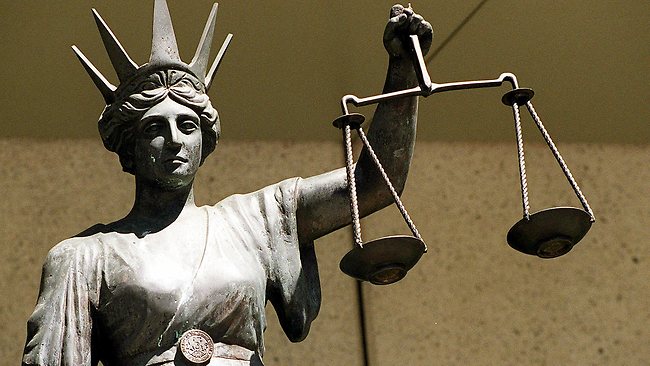
Ones do not have a great deal of confidence in themselves (and their inner critic is always reminding them of their shortcomings). However, Ones put their confidence in their values and beliefs. Their strong convictions often give them a sense of being on a mission.

Ones seek to improve things (eventually to perfection) and their convictions lead them to make the world a better place. They feel they are the best person for the job because they are so objective and hardworking. Others can be swayed by their own selfish wants and emotions. Ones, on the other hand, feel they can control such biases and remain uninfluenced by personal or emotional appeals.
Average
Average Ones, see themselves as moral teachers. They often see others as disorganized, irresponsible, and indifferent to doing things properly. Ones feel that they are personally responsible for showing others the proper way. Average Ones apply their standards to themselves and to others, leading Ones to correct others and point out where others have lost their way. Others may resent the "moral superiority" expressed by the One, sometimes leaving the One to say "I'll do it myself." Ones feel personally obligated to improve things: "If I don't do it, no one will." Unfortunately, Ones don't always trust others to do things, because it probably wouldn't be done as well as the One could.
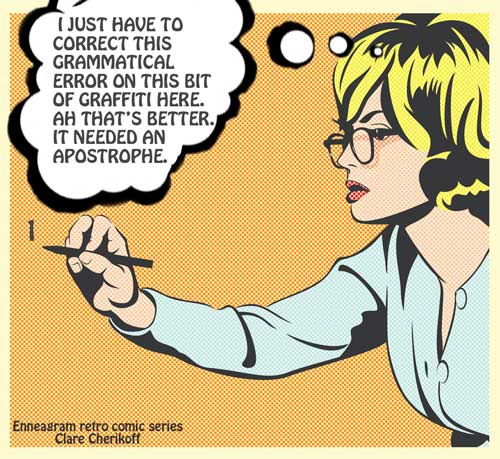
Average Ones are true workaholics, feeling good when they make progress on their to-do lists. Only after they have worked hard enough will they take a break -- free time has to be earned. Taking a holiday or leaving the office early may make them feel guilty.
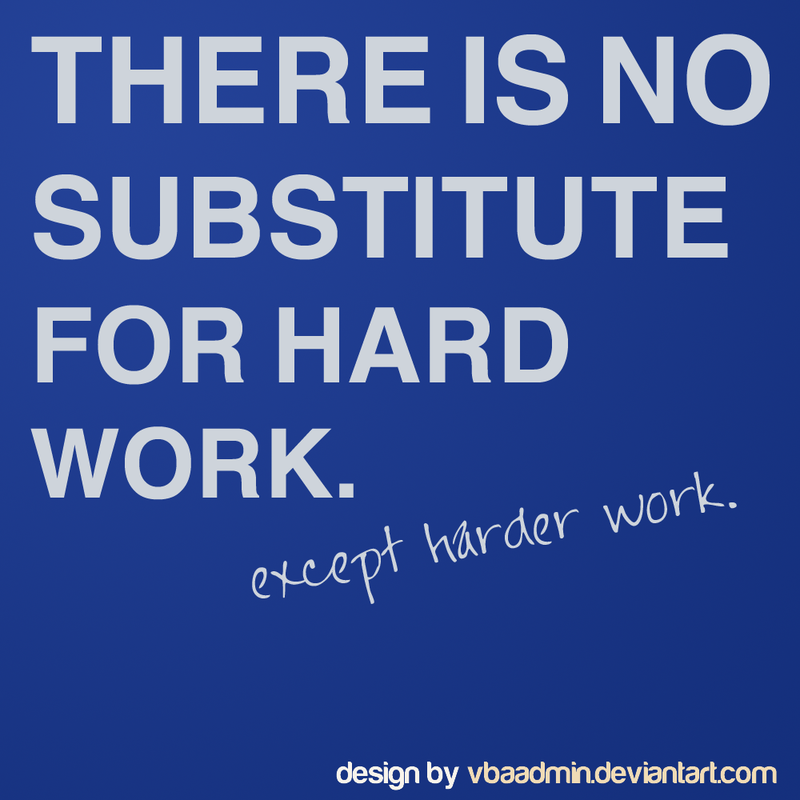
Average Ones have high ideals and force themselves to live up to them, lest anyone (including their Inner Critic) point out their mistakes. As a result, they feel they must justify everything they do. They focus on what's wrong or out of place.
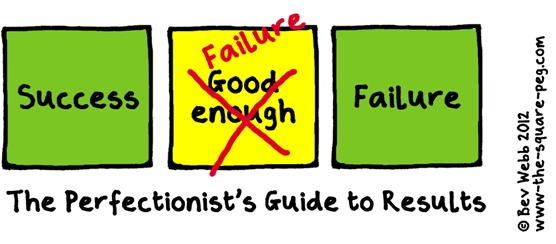
They are methodical, anal, maintaining their endless lists and schedules. Their self-control must continue to increase to keep their stress from showing, however their irritation at the world often manifests itself in physical tension. Their demeanour is stiff, tense, irritated, and unrelaxed. They are emotionally undemonstrative, sometimes leading others to find them cold.
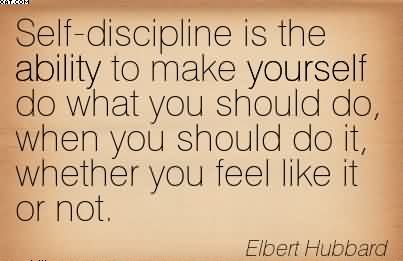
Average Ones start to see things in terms of good and bad. Their black and white thinking makes it difficult to deal with ambiguity. As they become more stressed, they must continue to repress their impulses and desires. They cannot afford to be spontaneous, because that would be losing control over themselves.
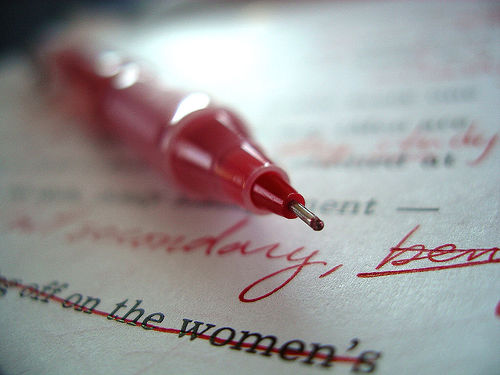
Average Ones believe they are right most of the time. Ones often get frustrated because others don't listen to them. Their frustration becomes anger when they (and others) fail to meet the One's high expectations. Although Ones don't generally admit being angry (after all they control their feelings), this emotion tends to build up under the surface as resentment.
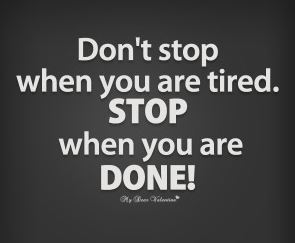
When orderliness is insufficient, perfection is required. They must completely control themselves. They feel that nothing is ever good enough. To compensate, they become dogmatic, inflexible and have extreme difficulty with criticism. They judge others critically and find faults to feel superior.
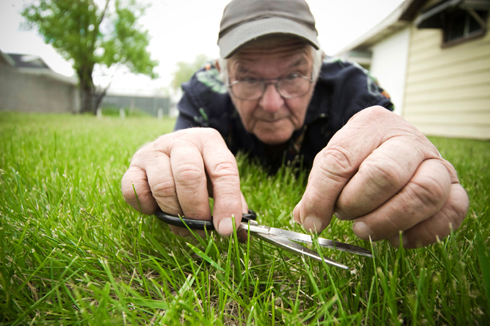
At their Worst
Ones become unhealthy when they exclude themselves from their own criticism. They become intolerant and obsessive, angrily attacking and punishing those who don’t “measure up.” By doing so, they become depressed and tormented by intense anger.
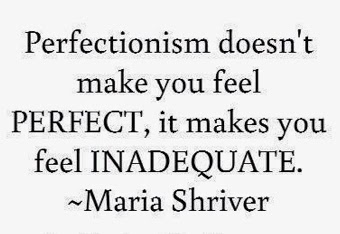
What leads Ones down the wrong path is when they believe that their inner critic alone knows what is good and bad. This belief leads to an overall judgmental attitude.
At their Best
Healthy Ones have let go of their forced perfection. Things don't have to be perfect to be good enough. They are principled and teach by example. Healthy Ones still have a strong sense of conviction, but they apply their standards to themselves and not to others. They are not willing to compromise their principles and may become crusaders and advocates for a just cause. They are passionate about their convictions - honesty, justice, and fairness. They believe that their convictions will have a positive effect on the world.
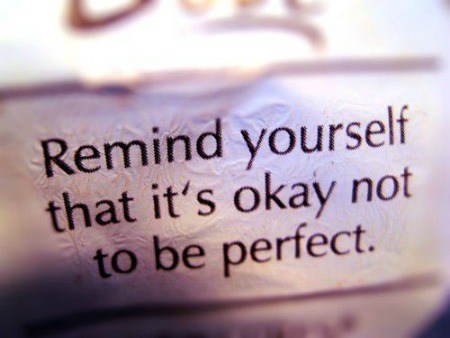
Guided by their moral compass, healthy Ones have great reason. They become connected with their inner instinct as their conscience (not their inner critic) guides them. They believe that true objectivity and integrity comes from living a balanced (and emotional) life. They freely admit their mistakes and learn from them.
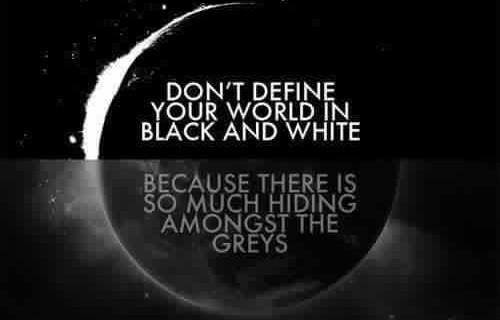
At their best, healthy Ones let go of the belief that they can judge everything objectively, without emotional influence. They are extremely wise, accepting of others and other viewpoints and they can see the common truth behind these various views. They balance their objectivity with subjectivity, their inner desires, and wants, thus truly achieving integrity. Healthy Ones believe that reality is Truth, and that perfection is reality. The truth will prevail, and that good will be done even if I'm not around. They have tremendous faith that the universe will unfold as it should and that they are part of that perfect unfolding.
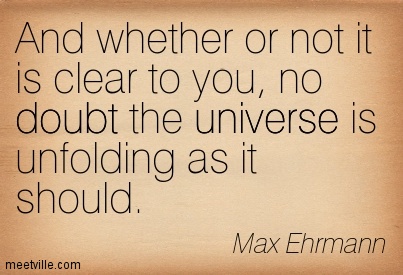
Analysis
Every personality type is "powered" by a different motivation. When "worn lightly," this motivation guides our behaviour through general tendencies and attachments. As this motivation becomes stronger, it becomes increasingly important to see ourselves in a certain way and to ensure that others see us that way, too. To accomplish this goal, we emphasize certain behaviours (and disown others) by playing a role. Sometimes we need to manipulate others or even undermine them to force them to see us as we want to be seen. Unfortunately, the more attached we become to our self-image, the less we see ourselves as we really are.
 |
Motivation
To be good, fair, and to have integrity |

 |
Attachment
Become attached to values of reason, objectivity, and moderation
Self-Image: “I am sensible, moderate, and objective.”
Reject their self-indulgence, subjectivity, or self-interest |

 |
Self-Esteem
Feel good about themselves when they do what is right
Relate to others primarily by being responsible and principled. |

 |
Role
Proves self-image through playing the role of the Moral Teacher.
Tend to feel intense personal obligation to do the right thing. |

 |
Manipulation
Manipulates others by correcting them and telling them what they should do.
Shadow Issue of Anger comes out when their world is not as it should be. |

 |
Overcompensation
Undermine others by angrily criticizing them, treating them as if they were defective or bad. |
Similarities with other Types
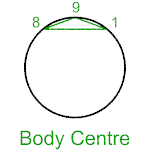
Ones seek autonomy (like Eights and Nines)
Read More
|
|
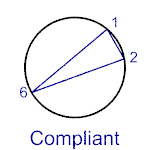
Ones are compliant to their inner rules (like Twos and Sixes)
Read More
|
| |
|
|
|
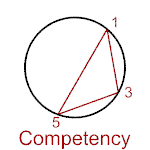
Ones handle problems with a competency approach (like Threes and Fives)
Read More
|
|
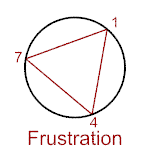
Ones are frustrated by reality not living up to their ideals (like Fours and Sevens)
Read More
|
Interviews with Ones

























